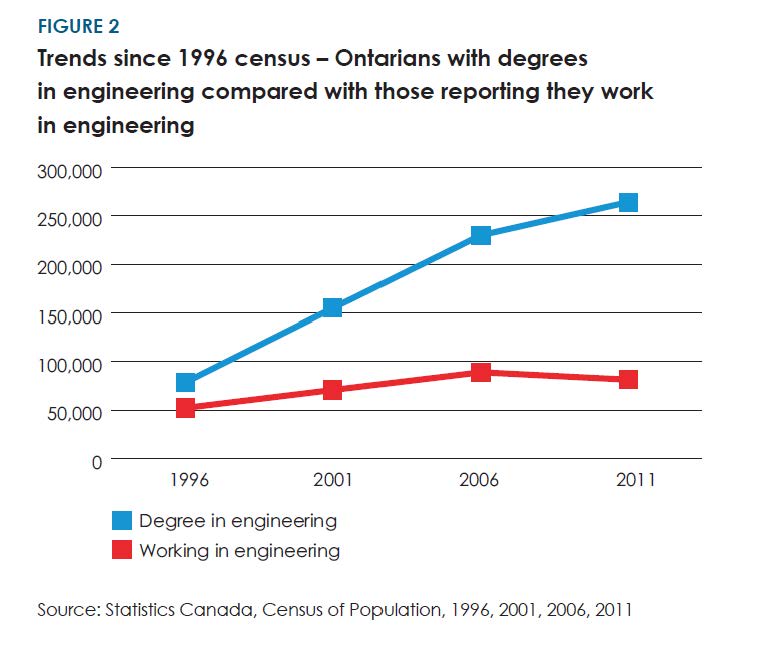rotw
Mechanical
- May 25, 2013
- 1,143
Hi,
I am considering to take some freelance mechanical engineering jobs in platforms like Upwork or equivalent. I am resident of Canada.
My questions:
- Is it required that I obtain some kind of permit / license from authorities to do freelance job ? FYI, I am not licensed as professional engineer yet. Does it has to do with the nature of the work being performed?
Or does it has to do with the regulations that apply where the client is located?
Can this activity involves "export" and therefore be subject to some restrictions (like US dept. of commerce has) ? Is there something like a "know your customer process" I would need to follow?
- I can call myself professional engineer but in other jurisdictions and that is outside Canada (e.g. use CEng style, etc.) - would this be okay as long as I make it clear in the professional title I am using?
- Is there any kind of fiscal registration do I have to do to freelance? or does this just boil down to me filling my tax return as required (contractor).
Thanks in advance
Life is not about waiting for the storm to pass. It's about learning dance in the rain.
I am considering to take some freelance mechanical engineering jobs in platforms like Upwork or equivalent. I am resident of Canada.
My questions:
- Is it required that I obtain some kind of permit / license from authorities to do freelance job ? FYI, I am not licensed as professional engineer yet. Does it has to do with the nature of the work being performed?
Or does it has to do with the regulations that apply where the client is located?
Can this activity involves "export" and therefore be subject to some restrictions (like US dept. of commerce has) ? Is there something like a "know your customer process" I would need to follow?
- I can call myself professional engineer but in other jurisdictions and that is outside Canada (e.g. use CEng style, etc.) - would this be okay as long as I make it clear in the professional title I am using?
- Is there any kind of fiscal registration do I have to do to freelance? or does this just boil down to me filling my tax return as required (contractor).
Thanks in advance
Life is not about waiting for the storm to pass. It's about learning dance in the rain.

